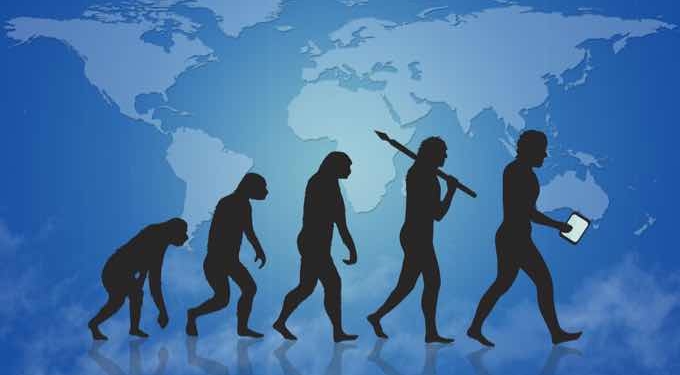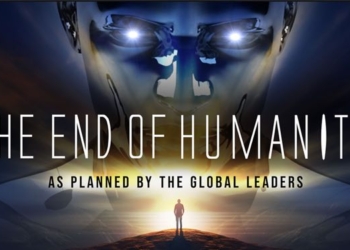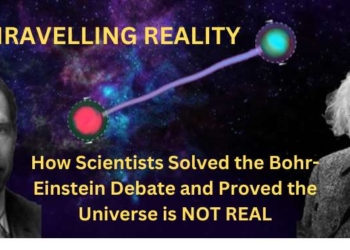
By Kevin Loria | Business Insider
Recent discoveries have revealed that much of the traditional understanding of the human origin story is wrong.
Until the past few years, most anthropologists and archaeologists believed that the first members of our species — Homo sapiens — evolved in East Africa approximately 200,000 years ago .
As that story goes, humanity mostly remained in Africa for the next 140,000 years, then ventured forth as part of a major wave known as the “Out of Africa” migrationapproximately 60,000 years ago.
In this version of history, those early ancestors took over territories once occupied by less-advanced species, like the Neanderthals. Then humans reached North America about 25,000 years ago.
But this understanding of history has been thoroughly upended by a number of discoveries over the past few years.
There's less certainty now about how long ago modern humans truly evolved, when people spread around the world, and how we co-existed with a number of other hominid species. New findings suggest that many events happened much longer ago in history than researchers previously thought. The process of our own evolution — and our relationships with other co-existent hominin species — are also made messier by many of these discoveries.
Here are some of the recent discoveries that have begun to upend what we thought we knew about the human origin story.
The first Homo sapiens seem to have appeared more than 100,000 years earlier than scientists previously thought — and in different locations.
In 2017, two scientific papers published in the journal Nature described an astounding find: the discovery of remains from Homo sapiens that were more than 300,000-year-old
The bones were unearthed in Morocco, and showed that humans had been around for far longer than 200,000 years. The discovery was also evidence that our earliest ancestors may not have been located in just one area, since this showed that even the earliest members of our species were in North Africa, far from spots often considered the birthplace of humanity.
“There is no Garden of Eden in Africa, or if there is, it is all of Africa,” anthropologist Jean-Jacques Hublin, who led the expedition to unearth the skulls, said at the time .















